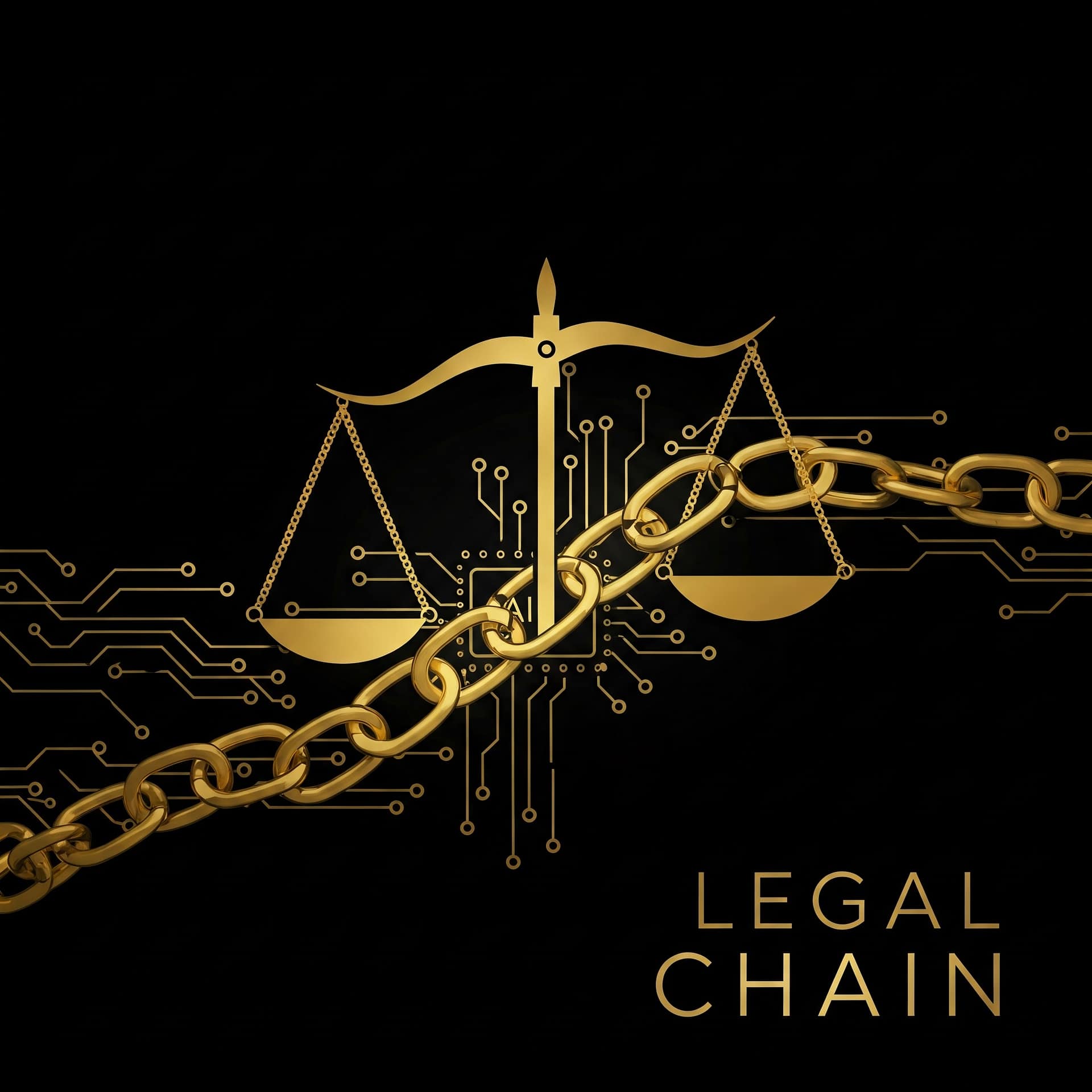The Hidden Pitfall of GenAI: Why Legal Chain is Building a Trustworthy Future
We all know the staggering potential of generative AI, but as many are discovering, it comes with a significant hidden pitfall: unreliability. While impressive, the outputs of general AI platforms can be profoundly and surprisingly wrong.
Just yesterday, a friend shared a personal anecdote that perfectly illustrates this point: their brother tasked ChatGPT with a real-world economics problem involving totaling $1,000 for each of one million individuals. The answer received? A trillion dollars. Unbelievable, indeed, as the correct sum should be one billion.
This issue of “hallucination,” where AI generates convincing but entirely false information, is even more critical in the legal field. We’ve heard of lawyers facing serious repercussions for inadvertently using hallucinated legal citations. Now, a truly alarming development has surfaced: a trial court recently decided a case based on AI-hallucinated caselaw.
As reported by Above the Law, the case of Shahid v. Esaam from the Georgia Court of Appeals saw a trial judge issue an order influenced by fake cases cited in a brief. While the appellate court couldn’t definitively attribute the errors to AI, the irregularities strongly suggested its use, underscoring the concerns raised by Chief Justice John Roberts about AI “hallucinations” in legal contexts. This incident highlights a worrying escalation, demonstrating that these AI-generated errors are increasingly impacting judicial decisions.
It’s no wonder that some law firms have implemented strict policies against using general AI-based tools for their sensitive legal work. The risk of citing non-existent precedents or receiving inaccurate information is simply too high, jeopardizing legal integrity and client outcomes.
At Legal Chain, we understand these concerns intimately. This is precisely the challenge we are dedicated to solving. We are working tirelessly to build a platform where legal professionals can operate with absolute confidence, knowing they are free from the hidden pitfalls of AI hallucination. Our mission is to provide a reliable, verifiable, and secure environment for all your legal AI needs, ensuring the integrity and accuracy that the legal profession demands.
